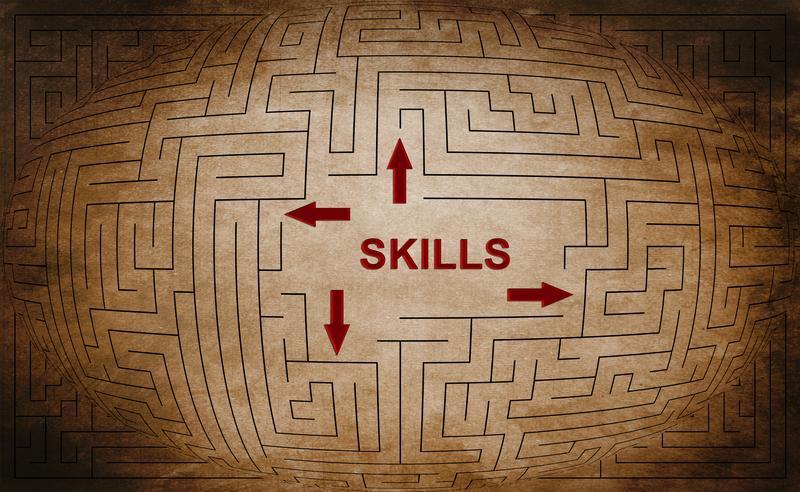Most new CEOs quickly come to realize that the recruitment of new team members is a time-consuming, albeit critically important, process. It can also be quite expensive, particularly if you find yourself continually hiring for challenging positions. Over time, companies learn how to recognize promising applicants, but it is nearly impossible to hold a perfect recruitment record. Those who come close, however, do so by assessing applicants against specific criteria, revising said criteria, and developing systems that suit their respective companies so that the process becomes repeatable and scalable. One practice that has worked well for my organization is focusing more on applicants who have the core skills rather than the experience on paper.
Why Recruiting for Core Skills Works
As we have entered multiple new markets, we have found that recruiting for specific attributes and skills, as opposed to just experience, is beneficial for several key reasons:
1. Experience may not necessarily imply quality
Candidates with many years of experience can bring wonderful and rare abilities to the table, but so can those with a more brief work history. The reverse is also true—all candidates, whether they have worked in the industry for one year or 15 years, can potentially be poor performers. Simply put, “years worked” is an unreliable indicator of skill set and fit for a particular role. Of course, resumes generally focus on this exact information, so it is important to look past labels like, “14 years of teaching experience,” and avoid jumping to any conclusions based off that number.
2. Core skills are transferable
An applicant with five years of experience in building Widget A on paper may not look like the ideal choice to create Widget B for your business. However, a core skill like excellent communication skills or attention to detail applies to a wide variety of environments. Skills that we typically identify as “soft”—adaptability, willingness to learn, etc.—are more likely to transfer to any business or industry than specific technical capabilities, thus increasing the chances that your star candidate will become a star team member.
3. Recruiting for experience may limit your talent pool
When you strictly seek applicants who have a minimum or maximum threshold of experience, you risk screening out individuals who are otherwise strong candidates. A person with seven years of experience in a related field may possess the perfect complement of general knowledge, personality, and skills for your company – but the same might also be said of an undergraduate student who is two weeks away from graduation.
How to Assess Core Skills
As you review resumes or schedule in-person interviews, you will likely be faced with the challenge of ensuring your selection process reflects your true hiring objectives. How can you be certain that you will discover the best candidate, whether he is a recent college graduate or she is a seasoned professional with 20 years of experience? Consider these suggestions:
1. Emphasize potential
Ask yourself, “What will this candidate bring to the company?” His or her experience in past positions may not necessarily reflect the positive future impact that he or she could have on your business. Make sure to consider the upside that the candidate offers, as great on-the-job training can often morph an inexperienced hire into a rock star. If they have the raw skills but not the experience, their ability to greatly contribute to your company’s bottom line in the long-term may be higher than a more experienced professional with weaker raw skills. Asking yourself whether you need someone to contribute from day one or if you can afford to wait and develop a new team member is an important part of this process.
2. Focus on process
As you interview prospective team members, pay close attention to the “how,” not just the “what.” For instance, how did the candidate achieve his or her workplace goals? Were his or her successes due to an intrinsic skill, or were they supported by the company environment or good fortune?
3. Incorporate “real-world” applications
Allow each candidate to demonstrate his or her abilities, rather than simply talking about them. If you are seeking a software developer, include a coding challenge in the final interview. If you own a restaurant, ask your potential chefs to cook a small dish for you. You may be surprised by which candidate rises to the occasion, regardless of his or her specific amount of experience in the field.
Ultimately, you may strike gold or you may enter a disappointing relationship. This unpredictability is an inevitable aspect of the recruitment process, but you must move past it and do everything in your power to maximize the probability of hiring a great applicant. One effective way is concentrating your hiring efforts on evaluating core skills necessary for success, rather than experience alone.

